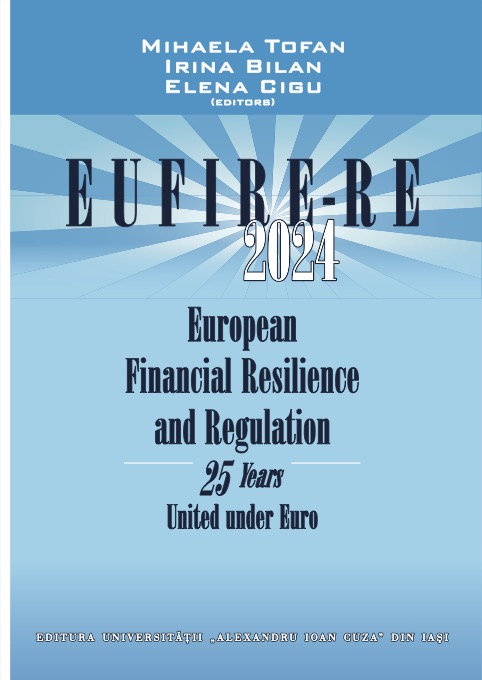LEGAL ADAPTATION STRATEGIES FOR UNFORESEEN EVENTS IN THE CIRCULAR ECONOMY THROUGH THE INTEGRATION OF RESILIENCE AND MATERIAL REUSE
LEGAL ADAPTATION STRATEGIES FOR UNFORESEEN EVENTS IN THE CIRCULAR ECONOMY THROUGH THE INTEGRATION OF RESILIENCE AND MATERIAL REUSE
Author(s): Olesea Plotnic, Valeria Praporscic
Subject(s): Law, Constitution, Jurisprudence
Published by: Editura Universităţii »Alexandru Ioan Cuza« din Iaşi
Keywords: circular economy; legal adaptation; resilience; material reuse; unforeseen events.
Summary/Abstract: The circular economy is essential for sustainable development, promoting the reuse of resources and waste reduction. This article explores legal adaptation strategies to address unforeseen events in the circular economy, highlighting the importance of integrating resilience and material reuse. The purpose of this article is to analyze how current legislation at both European and national levels addresses risks and unforeseen events and to propose improvements for better integration of these concepts.The main objectives include examining ways in which material reuse contributes to adaptability, evaluating existing contractual clauses, and proposing adaptability clauses for risk management. The case study of the "Close the Glass Loop" program in the glass industry is used to illustrate the practical application of these strategies and to demonstrate the success of a circular economy initiative in the context of disruptions caused by the COVID-19 pandemic. Expected outcomes include a better understanding of the importance of adaptability clauses in contracts and the need for flexible and innovative regulations.Legislative improvement proposals aim to introduce adaptability clauses, promote investments in innovative technologies, and intensify public education campaigns. These measures could contribute to increased resilience and sustainability of the circular economy, providing a robust legal framework to facilitate the transition to more sustainable and efficient economic practices.In conclusion, this article emphasizes the need to adapt legislation to address the challenges of the circular economy and proposes concrete solutions for integrating resilience and material reuse into the existing legal framework, thereby contributing to the creation of a sustainable and resilient economic model.
- Page Range: 256-270
- Page Count: 15
- Publication Year: 2024
- Language: English
- Content File-PDF

